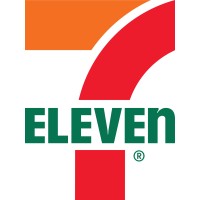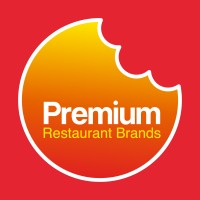
7-Eleven
7-Eleven introduced the world to convenience. And in return, the world made us the #1 convenience retailer. It started with a simple idea – give customers what they want, when and where they want it. That was 1927. And what started on a single ice dock in Dallas, Texas, has since grown to more than 70,000 locations in 18 countries around the globe. The idea may have been simple, but it started a retail revolution.






